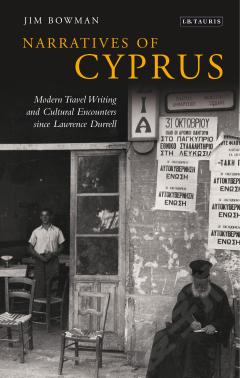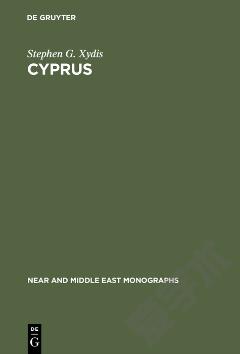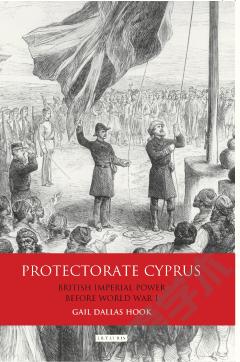Narratives of Cyprus
CHAPTER ONE, INTRODUCTION - THE CULTURAL STAGE FOR STORIES OF CONFLICT: NARRATED TRAVEL WRITING IN MODERN CYPRUS Contemporary travel writing in Cyprus represents the work of writers who have afforded audiences particular, culturally circumscribed perspectives into the island and its people. The island's history as a site of colonization, ethno-nationalism, Cold War politics and ambivalent peace informs the production of modern travel writing and the perspectives and practices of its narrators. CHAPTER TWO - CONTEMPORARY CRITICAL PERSPECTIVES ON TRAVEL WRITING AND CULTURAL ENCOUNTER Contemporary scholarship dealing with travel and travel writing reveals how historical and political context shapes writers' encounters and their representations of others. Postcolonial critiques of travel writing typically posit its effects as hegemonic - serving the interests of empires and its apologists. Travel and travel writing, however, are better viewed as complex rhetorical acts inherently beset by concerns of ethics and power, never without transformative capacities. CHAPTER THREE - FASHIONED FOR STORY'S SAKE: LAWRENCE DURRELL'S BITTER LEMONS AND THE TURKS OF CYPRUS Durrell and his contemporaries narrate the Cyprus of the 1950s through the lens of a classic Orientalism: paternalistic, colonialist notions of order and industry inform his perspective. However, Durrell's troping of Cyprus and Cypriots demonstrates not only particularized political motives and culturally-informed inclinations. His narration displays multiple motives, including a determination to augment his own personal legend as a wily, roguish traveler, who can entertain audiences who are assumed to share his undying cultural affinity for Hellenism and suspicion of the imaginary difference of "the Turk." CHAPTER FOUR - NARRATING FROM AN INTIMATE DISTANCE: TURK TROPING ON COLIN THUBRON'S JOURNEY INTO CYPRUS Thubron's near singular focus on people and landscape deliberately obscures significant elements of the personal - nation, age, sex, and religiosity, to name a few. As he arranges to secure the intimacy of others so that his story can be theirs, he systematically erects a distance between narrator and landscape that emphasizes the ephemeral nature of the contact and his privileged, insular vantage point. This posture operates as an ambiguous master trope that I dub "intimate distance." Its effects CHAPTER FIVE - DAY-TRIPPING TO THE DARK SIDE: THE ETHICS OF NARRATING AN ISLAND DIVIDED Rhetorical analysis of the travel texts of partition-era Cyprus demonstrates how spatial orientation of the traveler determines the narrative arc and symbolic contours of the landscape. The stories in the period after 1974, which emerge primarily but not exclusively from writers based in the south of Cyprus, tend to construct one-dimensional portraits of Turkish and Greek Cypriots, according to port of entry. CHAPTER SIX - TOWARD AN ETHICS OF ENCOUNTER FOR TRAVEL AND TRAVEL WRITING Travelling, writing travel stories, and consuming travel texts involves people in complicated questions of motive: What does a traveler want from the experience, from the landscapes encountered, and from the people who make its stories? How is a traveler open to being affected by travel experiences? What type of story does the travel writer want to tell? A rhetorical response to the challenge of ethical narration in travel encounters in Cyprus and elsewhere promises a way forward - through the occasional paralysis or silence produced by the self-conscious criticism and cultural edits of contemporary global travelers.
{{comment.content}}








 京公网安备 11010802027623号
京公网安备 11010802027623号